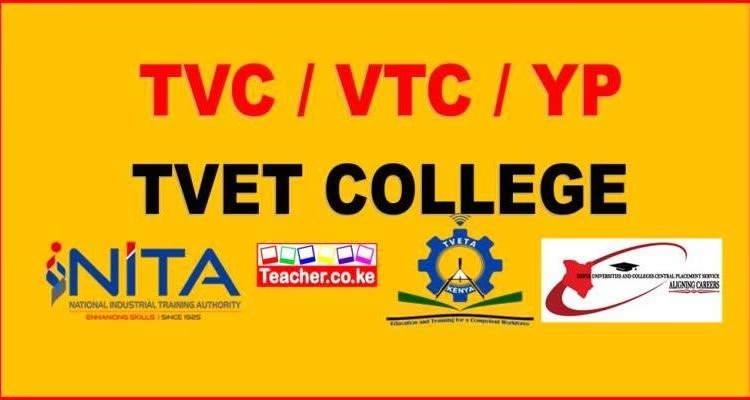
Claims goes that after Graduating from campus there will be no jobs for them, hence joining Tvets to have some skills that can equip them whenever they can have some capital to start their own business.
In recent years, unlike some years back there has been a noticeable shift in the education sector: Students with even A plains have shown interest in joining Technical and Vocational Education and Training (TVET) institutions are becoming increasingly popular, in some cases even overtaking, International University,traditional universities in terms of enrollment and demand.
This change is driven by the growing realization that practical skills, rather than academic degrees alone, are what many job markets now require. With rising unemployment among university graduates and a skills gap in technical fields, many young people are turning to TVET colleges ask a more direct and efficient pathway to employment.
TVET institutions focus on hands-on skills that are directly applicable to industries such as construction, plumbing, electrical work, hospitality, mechanics, and information technology. Unlike universities that emphasize theory, research, and long academic programs, TVETs offer shorter, skill-based courses tha met prepare students for real-world work environments. This practical approach has become especially appealing in a job market where employers often prioritize experience and technical know-how over formal academic qualifications.
Another reason why TVETs are gaining ground is affordability. University education is often expensive, both in terms of tuition and the cost of living over the years it takes to complete a degree. In contrast, many TVET programs are shorter, more affordable, and sometimes government-subsidized. For students from low-income backgrounds, this makes technical training a more accessible and realistic option. In the new model of funding it has emerged that students are paying highest fees ever compared to Tvets and hence tvets school provide skills alone unlike the University.
The demand for skilled labor in Kenya and globally has surged. Governments and private sectors are now investing more in infrastructure, technology, and service industries areas that require trained technicians, artisans, and professionals with hands-on skills. TVET graduates often find work more quickly and, in some cases, earn more than their university-educated peers. As a result, many young people are re-evaluating what success looks like and are choosing skill-based education that leads directly to income-generating opportunities.
This trend also reflects a societal change in how education is viewed. The traditional belief that university is the only path to success is slowly being challenged. More people are beginning to understand that every career path matters and that vocational training is not a fallback option, but a valuable and respectable route in its own right.
2025 KUCCPS placement has shown so many students with universities entries joining Tvets in high numbers making difficult with those with small grades to get a chance, Others claiming that university fees is so high making it difficult for them to join and hence they will be no job after graduating.


